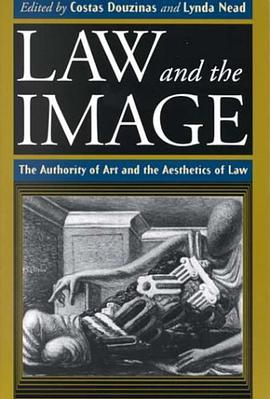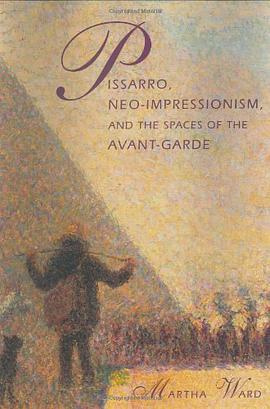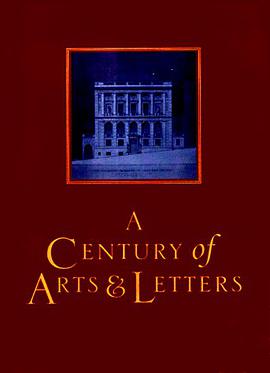

具體描述
Elisabeth Vigee-Lebrun (1755-1842) was an enormously successful painter, a favourite portraitist of Marie-Antoinette, and one of the few women accepted into the Royal Academy of Painting and Sculpture. In accounts of her role as an artist, she was simultaneously flattered as a charming woman and vilified as monstrously unfeminine. In this study Mary D. Sheriff uses Vigee-Lebrun's career to explore the contradictory position of "woman-artist" in the moral, philosophical, professional, and medical debates about women in 18th-century France. Paying particular attention to painted and textual self-portraits, Sheriff shows how Vigee-Lebrun's images and memoirs undermined the assumptions about "woman" and the strictures imposed on women. Engaging ancien-regime philosophy, as well as modern feminism, psychoanalysis, literary theory, and art criticism, Sheriff's interpretations of Vigee-Lebrun's paintings challenge us to rethink the work and the world of this controversial woman artist.
著者簡介
圖書目錄
讀後感
評分
評分
評分
評分
用戶評價
相關圖書
本站所有內容均為互聯網搜索引擎提供的公開搜索信息,本站不存儲任何數據與內容,任何內容與數據均與本站無關,如有需要請聯繫相關搜索引擎包括但不限於百度,google,bing,sogou 等
© 2025 book.quotespace.org All Rights Reserved. 小美書屋 版权所有




















